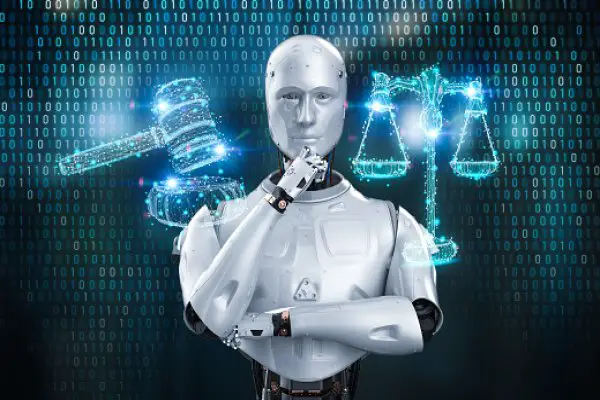Artificial intelligence (AI) has been making waves in the tech industry for years, but a new type of AI is gaining attention from investors: ChatGPT-ish AI. This revolutionary technology is modeled after OpenAI’s ChatGPT, a powerful language model that can generate human-like responses to text-based prompts.
ChatGPT-ish AI takes this a step further by incorporating additional features such as image recognition and natural language processing, allowing it to interact with users in more dynamic ways. As a result, investors are pouring money into startups specializing in this cutting-edge technology, betting it will be the next big thing in AI.
November saw the launch of Chatgpt, prompting the sprouting of a ‘mini-industry’ in defiance against the typical tech slump. Every week it has contributed to this growth by introducing AI solutions powered by ‘foundation models’, frameworks giving sophisticated intelligence for Chatgpt and its counterparts.
Elon Musk, the billionaire boss of Tesla and Twitter, wants to develop an artificial intelligence (AI) system more conservative than Meta’s recently released product “Llama.” This contrasts with Chatgpt – a program reported as more Wakeful.
Recently, Ben Tossell, a British tech entrepreneur, maintains a catalog featuring Ask Seneca (a platform to ask questions based on the writings of the stoic philosopher), Pickaxe (which analyses documents), and Issac Editor (which assists in academic paper writing). All mentioned were shared in his newsletter.
Chatgpt and its fellow chatbots have sparked much interest, aided by over 100 million users. However, Mr. Tossell’s newsletter emphasizes that the groundbreaking advances in generative Artificial Intelligence are seen with less conversational models and applications facilitated by foundational systems.
ChatGPT-ish artificial intelligence is poised to be a game-changer in the tech industry, and investors are noticing. With its advanced capabilities in natural language processing, image recognition, and other areas, this technology has the potential to revolutionize the way we interact with machines and each other.
From chatbots and virtual assistants to customer service and content creation, the applications for ChatGPT-ish AI are endless as more startups and tech companies continue to develop and refine this technology.
Source: economist



